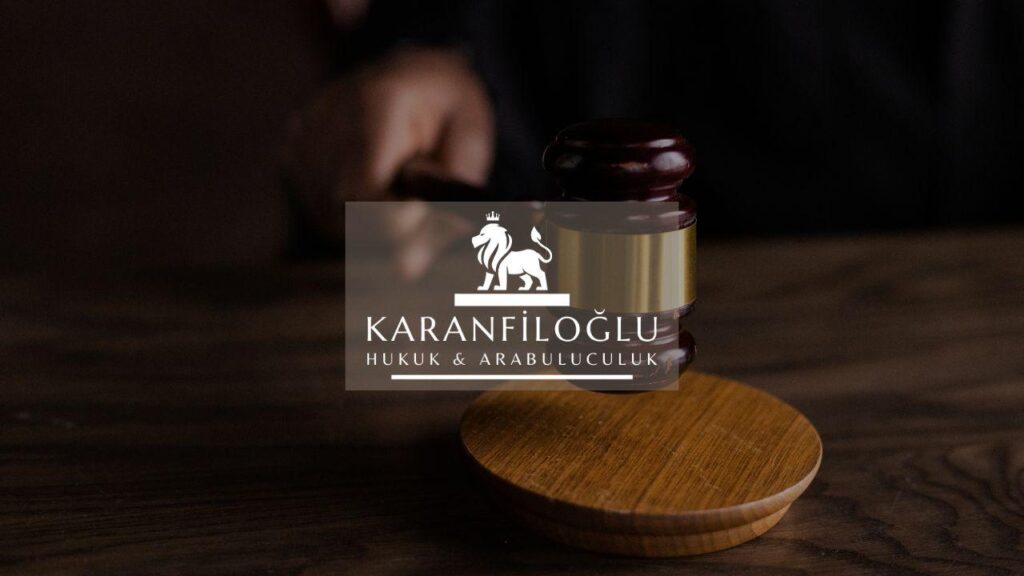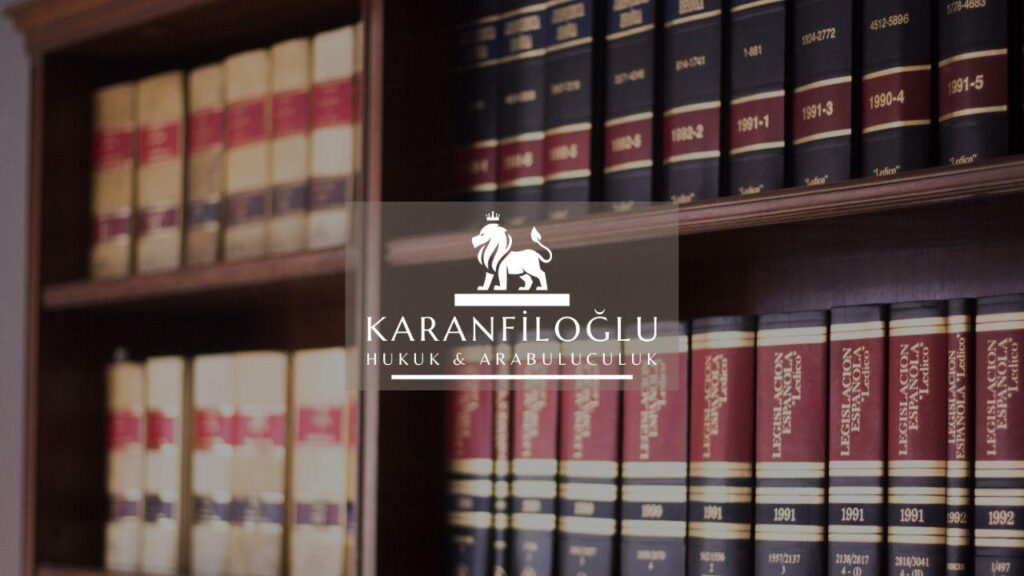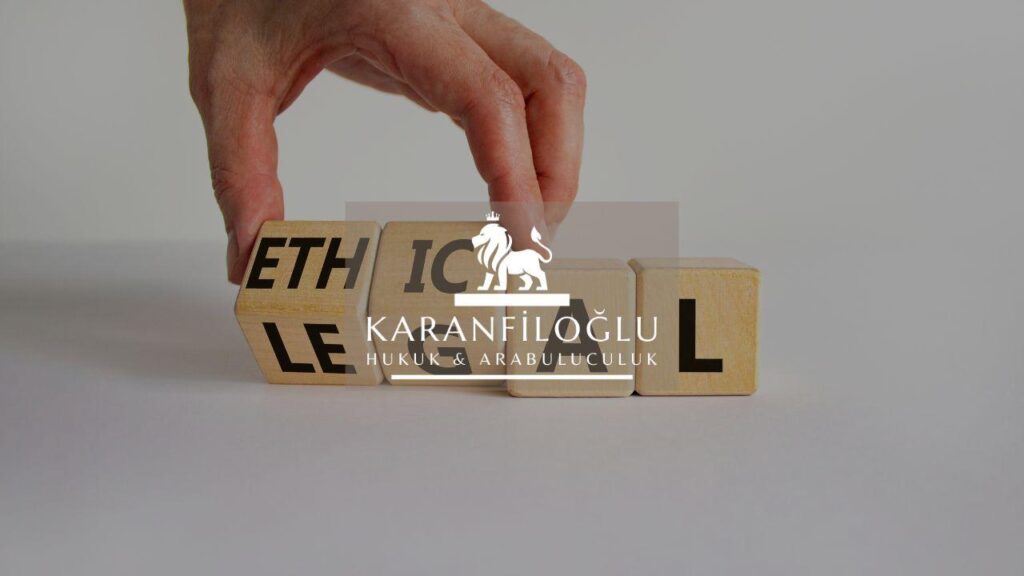Navigating the legal process for buying property in Turkey can be intricate, necessitating thorough understanding of the relevant laws and regulations. At Karanfiloglu Law Office, we provide expert guidance to ensure your property acquisition is compliant with the key legislative provisions. The primary legal framework includes the Turkish Civil Code and the Land Registry Law No. 2644. Article 35 of the Land Registry Law permits foreign nationals to acquire property under certain conditions, while Article 705 of the Civil Code stipulates the registration requirements for ownership rights at the land registry. Additionally, the contractual obligations and parties’ rights during the transaction are governed by the Turkish Code of Obligations No. 6098 under Articles 207 to 226. Our comprehensive legal services aim to facilitate a smooth property purchase process, offering due diligence, contract drafting, title deed transfers, and representation before relevant authorities to safeguard your interests.
Key Steps in Acquiring Property in Turkey
The first crucial step in acquiring property in Turkey is conducting comprehensive due diligence. This involves investigating the legal status of the property, ensuring it is free from encumbrances, mortgages, and other legal liabilities. Article 1007 of the Turkish Civil Code highlights the importance of verifying ownership and the valid status of the property through the Land Registry. It is imperative to check zoning plans under the Regulation on Spatial Plans to confirm the property’s designated use. At Karanfiloglu Law Office, we meticulously review these aspects and ensure compliance with Article 35 of the Land Registry Law, which governs the conditions under which foreign nationals can acquire property. By mitigating potential risks and identifying any legal discrepancies early on, we safeguard our clients’ investments from unforeseen complications.
Once due diligence is completed, the next step is drafting a sales contract, a vital document outlined under Articles 207 to 226 of the Turkish Code of Obligations No. 6098. This contract must detail all essential terms, such as the agreed purchase price, payment schedule, and conditions for transferring ownership. Additionally, rights and obligations of both buyer and seller need to be clearly defined to prevent future disputes. At Karanfiloglu Law Office, our legal team ensures that all contractual provisions comply with Turkish property laws and regulations, offering precision and clarity. We work closely with clients to draft an agreement that not only meets legal standards but also reflects mutual understanding and fair terms, minimizing risks and optimizing legal protection during the transaction process.
Following the signing of the sales contract, the final and most decisive step is the transfer of ownership, which must be executed at a Land Registry office in accordance with Article 1008 of the Turkish Civil Code and Articles 10 and 26 of the Land Registry Law No. 2644. This involves submitting the required documentation, including the title deed, identity documents, tax number, and the official valuation report. At Karanfiloglu Law Office, we also ensure that all applicable taxes, such as the Property Purchase Tax stipulated under the Property Tax Law No. 1319, are accurately calculated and paid. Our legal experts coordinate with relevant authorities to facilitate the timely issuance of the new title deed to the buyer. By providing thorough representation during the title deed transfer, we ensure that our clients’ ownership rights are legally recognized and meticulously recorded, completing the property acquisition seamlessly and securely.
Understanding Legal Documentation and Compliance
To successfully navigate the legal process of buying property in Turkey, it is crucial to understand the required legal documentation and ensure compliance with applicable regulations. Purchasers must obtain a Foreign Identity Number from the Turkish authorities and provide a translated and notarized copy of their passport. The essential documentation includes a certificate of ownership, or “Tapu,” which is the official land registry document confirming the seller’s property rights as stipulated under Article 1007 of the Civil Code. Additionally, an “Irtifak Hakki” document may be needed if the property is under construction, confirming the buyer’s rights to the property under Article 1029. Compliance with zoning laws and obtaining the relevant licenses, including building permits as per the Zoning Law No. 3194, are essential to prevent future legal complications. At Karanfiloglu Law Office, we ensure all necessary documents are meticulously reviewed and compliant with Turkish property laws.
Once the essential property documentation is obtained, the next critical step involves checking for any encumbrances or legal disputes on the property. This can be verified by obtaining a “Takyidat” report from the local Land Registry Office, as outlined under Article 149 of the regulations. This report reveals any mortgages, liens, or other restrictions that may affect the property transaction. Furthermore, it’s pivotal to secure an “Iskan” certificate, particularly for newly built properties, which certifies that the building complies with approved plans and safety standards under Article 30 of the Zoning Law No. 3194. Prior to signing the purchase agreement, conducting due diligence on tax liabilities is also necessary. According to the Real Estate Tax Law No. 1319, purchasers must ensure that all property taxes are up to date to avoid penalties. At Karanfiloglu Law Office, we conduct exhaustive checks to provide our clients with a clear, risk-free path to property ownership.
To finalize the property acquisition, signing a sales agreement is essential, where both parties outline the terms and conditions of the transaction. This agreement must be executed before a notary and should include a clear description of the property, the agreed purchase price, and the payment schedule, in compliance with Articles 207 to 226 of the Turkish Code of Obligations. It’s also vital to ensure that the deed transfer is recorded accurately in the Land Registry, as stipulated by Article 705 of the Civil Code. Additionally, anti-money laundering regulations under Law No. 5549 dictate that the parties provide proof of funds, ensuring the legitimacy of the financial transaction. At Karanfiloglu Law Office, our role extends beyond mere advisory; we actively manage these critical final steps, from negotiating and drafting agreements to facilitating seamless land registry procedures, ensuring that all legal requirements are met and safeguarding our clients against potential risks.
Navigating the Turkish Property Market with Legal Assistance
Navigating the Turkish Property Market with legal assistance is crucial for ensuring a seamless transaction. The first step involves conducting a comprehensive due diligence to verify the property’s legal status. This includes checking for any encumbrances, mortgages, or restrictions that might affect the transfer of ownership. At Karanfiloglu Law Office, we meticulously review the Land Registry records to confirm the seller’s title and the absence of any legal impediments. Additionally, understanding the specific zoning laws and municipal regulations is vital, as they can significantly influence the property’s intended use. Articles 1007 to 1010 of the Turkish Civil Code obligate the seller to disclose any defects, while the buyer must perform a diligent inspection under Article 1011. Our expert legal team assists clients through every stage, ensuring compliance with all requisite legal provisions and safeguarding your investment throughout the acquisition process.
Once the due diligence phase is completed, the next essential step is drafting the sale-purchase agreement, a critical document that outlines the terms and conditions of the transaction. This agreement must comply with the Turkish Code of Obligations No. 6098, specifically Articles 207 to 226, which regulate contractual rights and duties. It should detail the purchase price, payment terms, and deadlines along with any conditions precedent that must be met before the transfer of the title deed. At Karanfiloglu Law Office, we ensure that the contract is meticulously drafted to protect your interests, incorporating necessary clauses to address potential risks. Parties often require a notarized contract to strengthen its enforceability and provide an additional layer of legal assurance. Our legal experts oversee every element of the contract to prevent any future disputes and guarantee that the transaction adheres to Turkish property law requirements.
After the sale-purchase agreement is finalized, the final stage involves the transfer of the title deed at the Land Registry Office. This step is governed by the Land Registry Law No. 2644 and must be executed in the presence of a registry official to ensure its legality. According to Article 1024 of the Turkish Civil Code, the transfer of ownership is completed upon registration of the deed in the Land Registry. Additionally, foreign nationals may need to obtain a military clearance certificate to proceed, as stipulated under Article 35 of the Land Registry Law. At Karanfiloglu Law Office, we accompany our clients through this critical phase, coordinating with the relevant authorities to facilitate a smooth transaction. We assist with obtaining necessary clearances, ensure that all documents are in order, and oversee the proper registration of the title deed to officially recognize your ownership. Our dedicated services ensure that your property acquisition in Turkey is secure and legally sound.
Disclaimer: This article is for general informational purposes only and you are strongly advised to consult a legal professional to evaluate your personal situation. No liability is accepted that may arise from the use of the information in this article.







